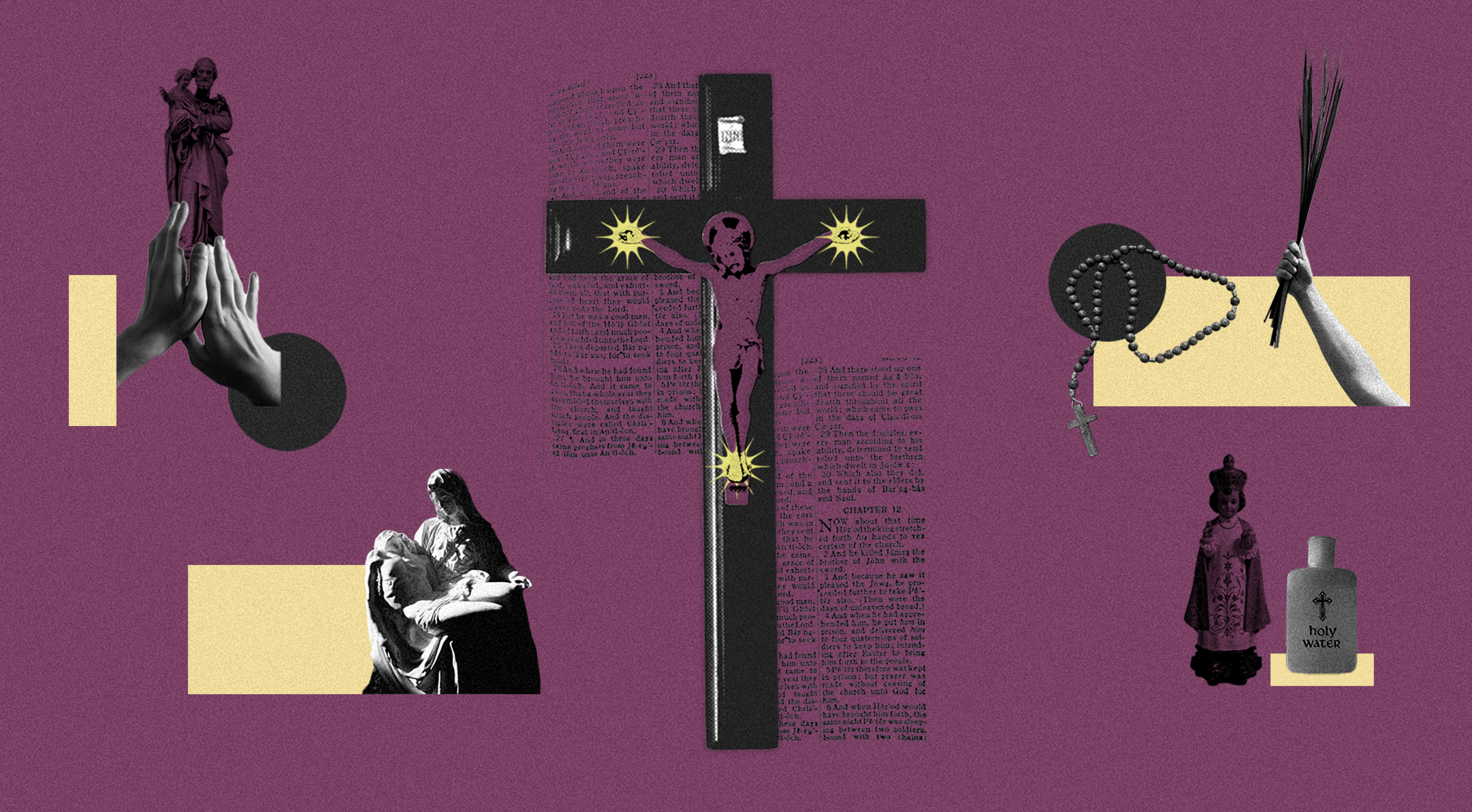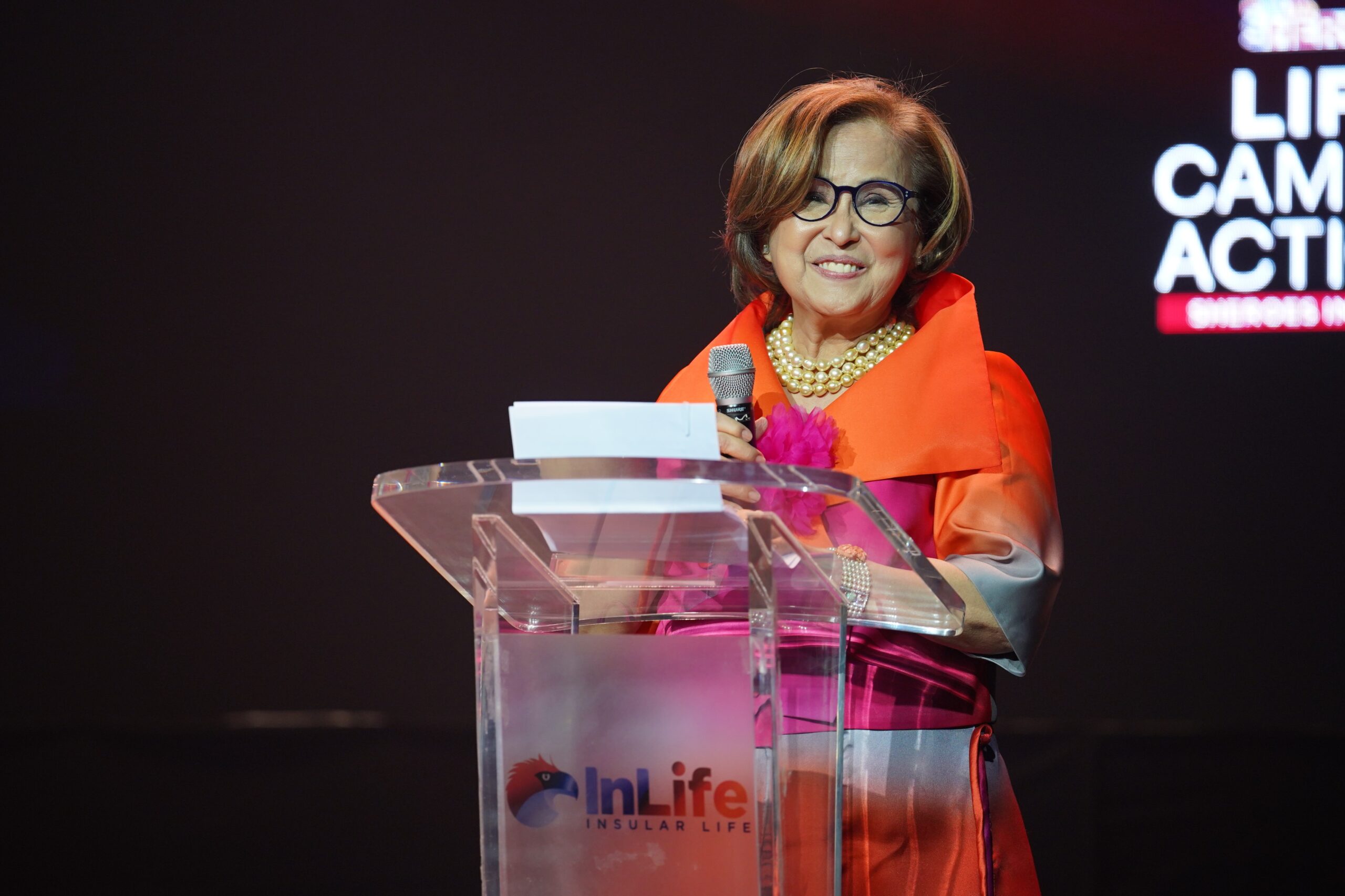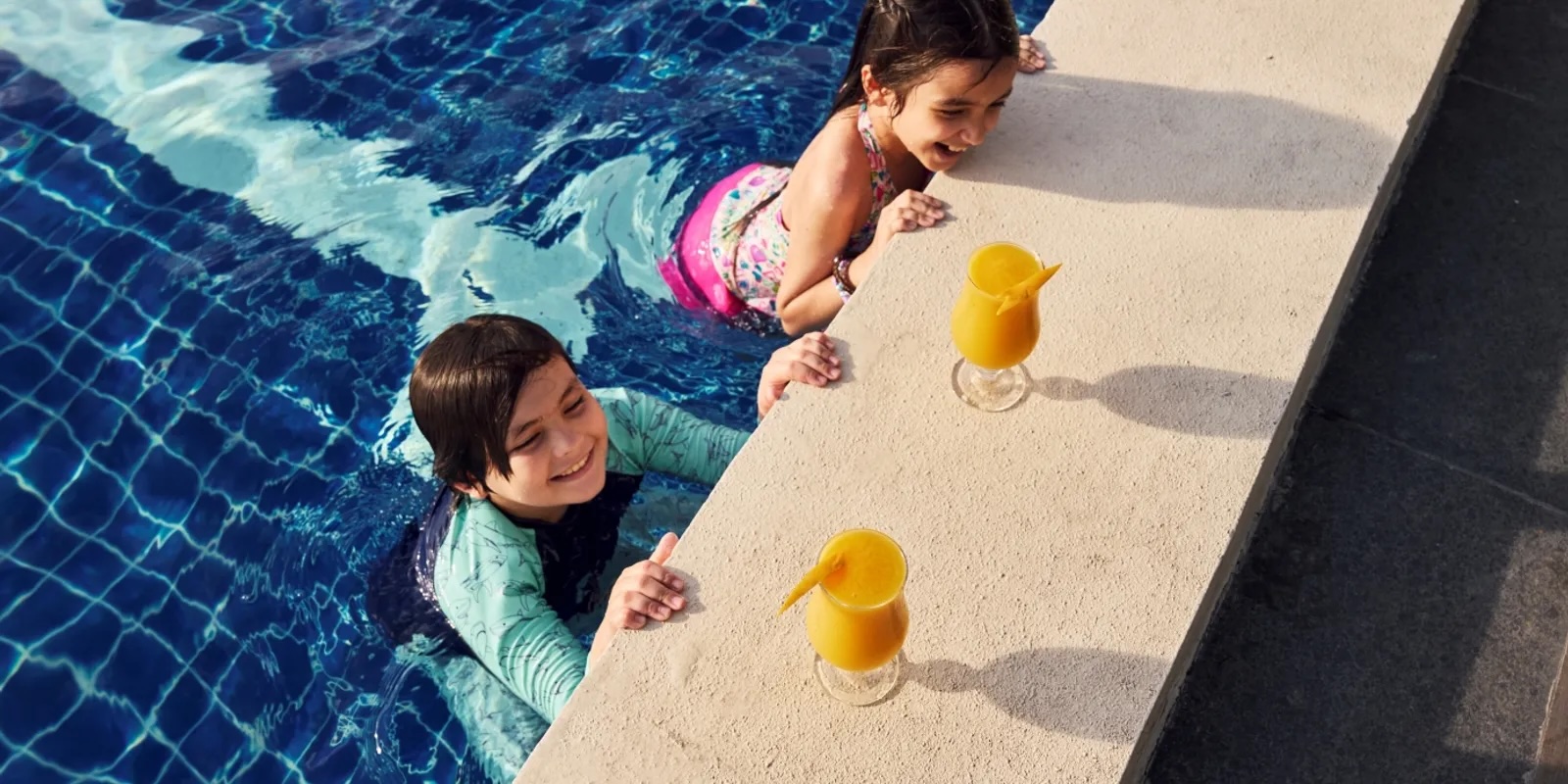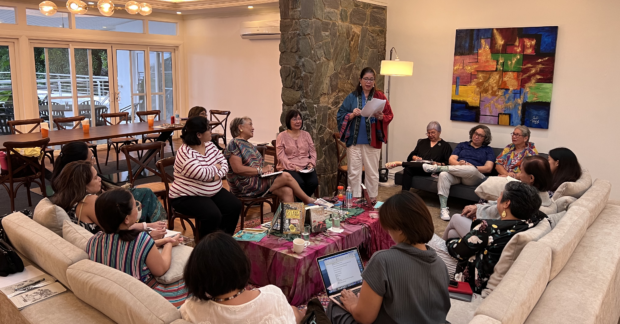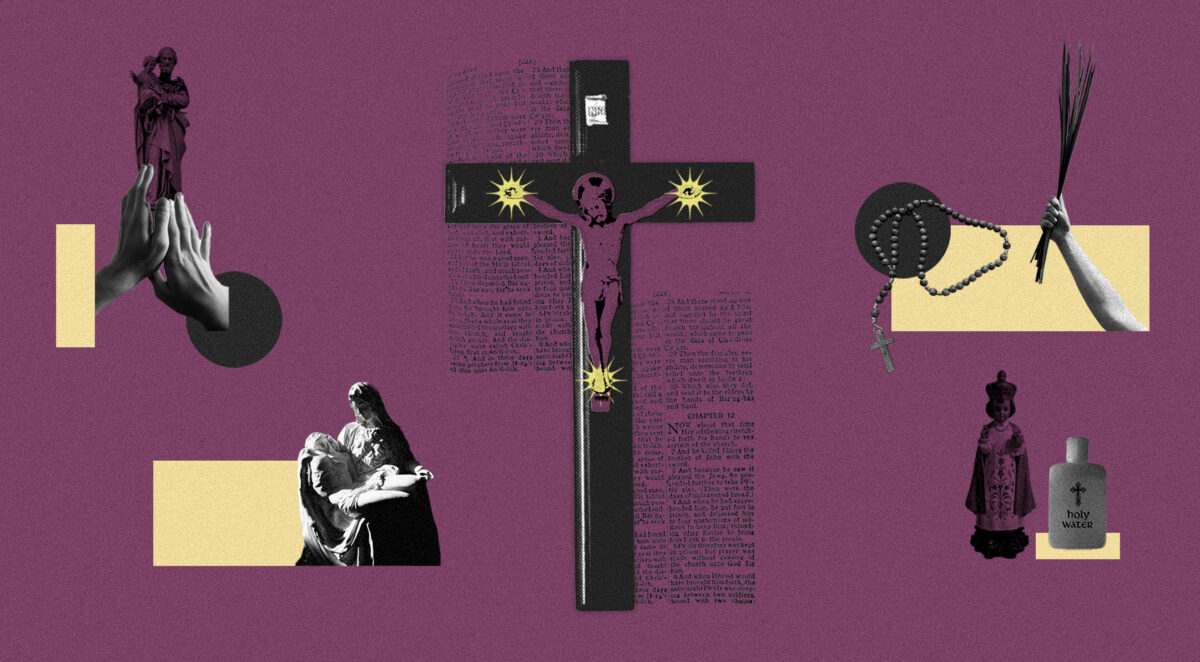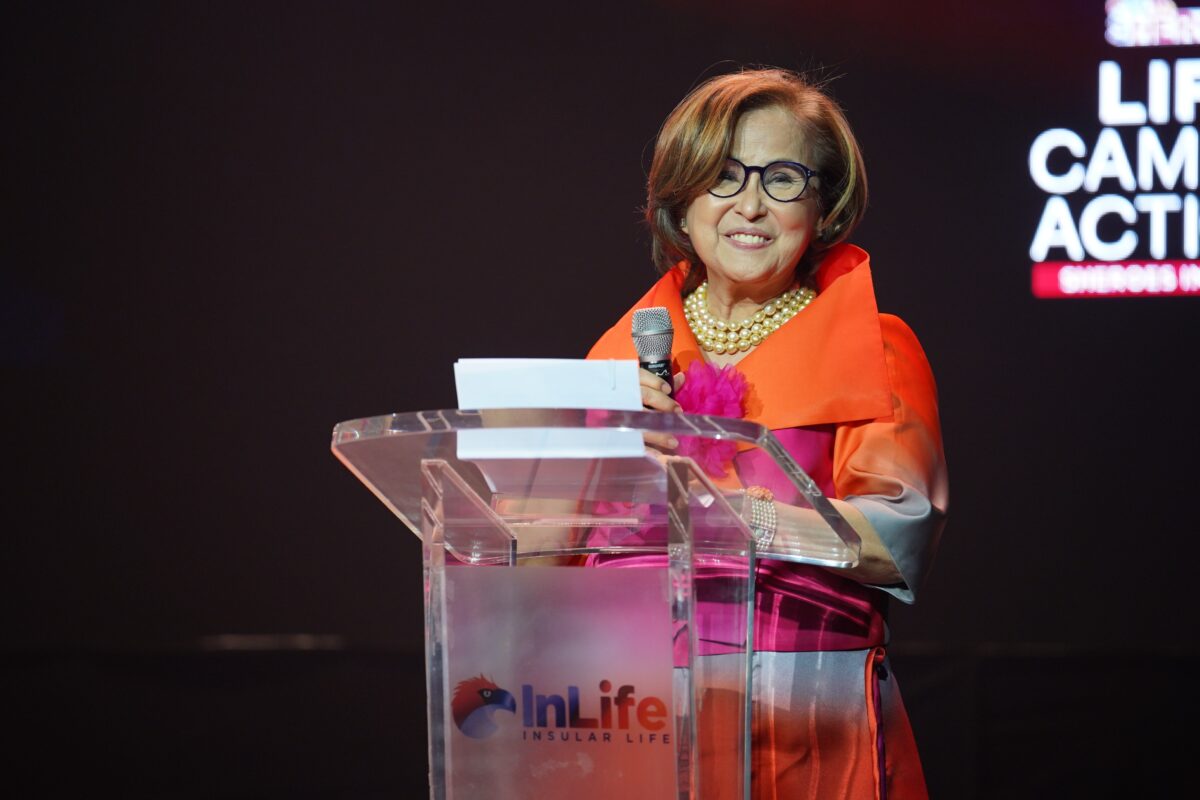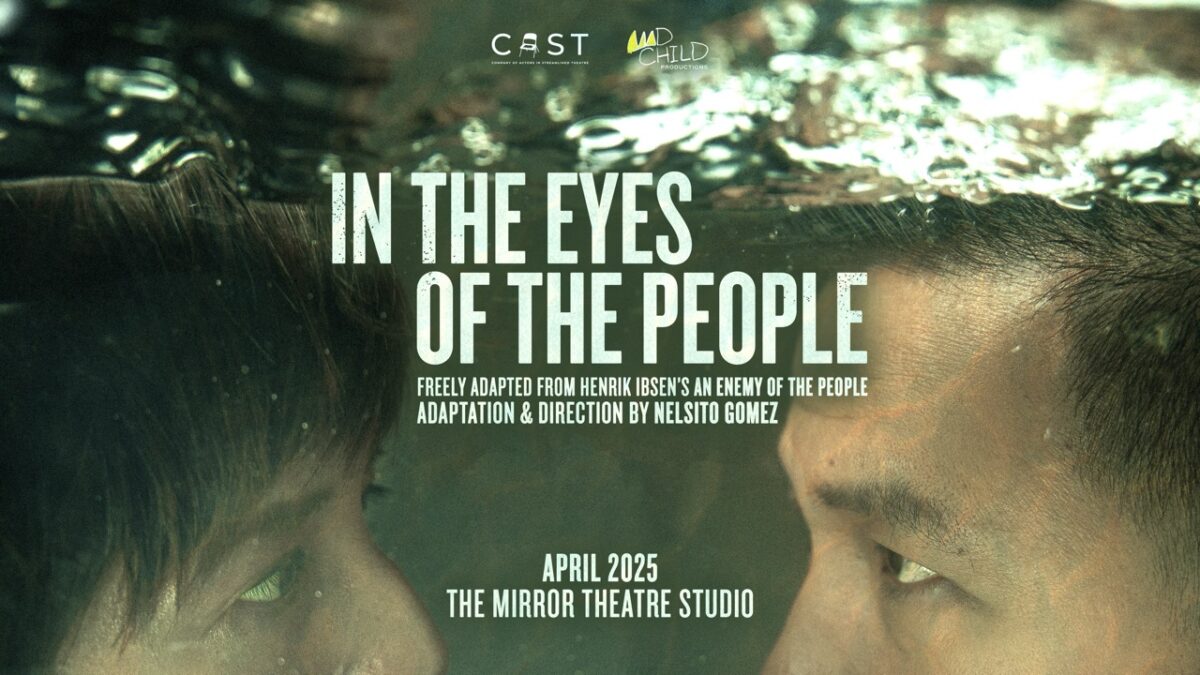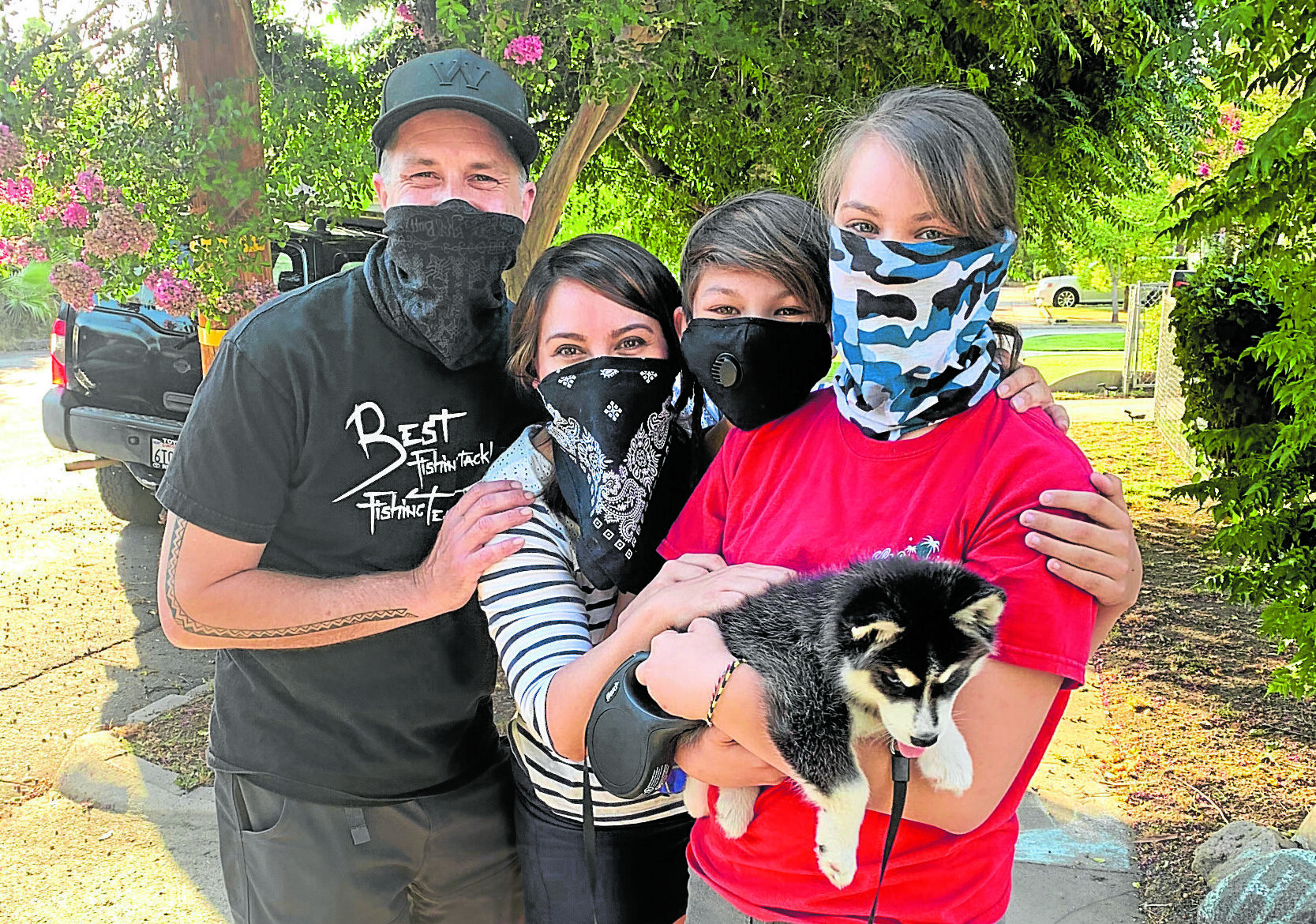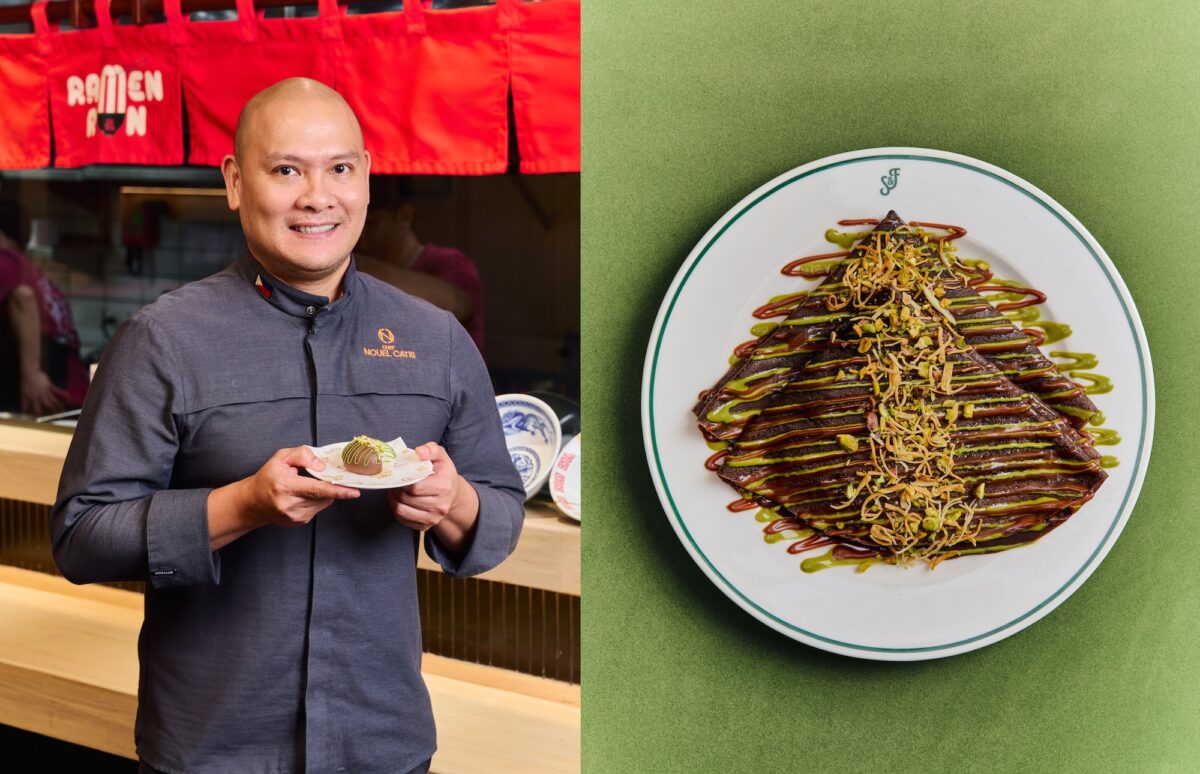
On the nth day of talking to too many doctors, as my grandmother continued to lay comatose, it hit us: We really should talk about death more.
Not just death, but sickness and what we want our loved ones to do in the worst of times. Because as we were faced with difficult decision after difficult decision, we found ourselves asking, “But what would Lola want?”
We didn’t know. Like many Filipino families, we shied away from talking about the bad things that could happen.
What is it about death and disease as topics that scare us so? Mention them and often, people will knock on wood three times and shush you—as if by talking about it, you are summoning it.

Kindest thingIt’s the same reason a lot of people die without making a will. They act like signing one is signing their death warrant and so they shrug and let their loved ones battle it out after they go.
They’re not pleasant subjects, they can make for an uncomfortable conversation, but doing it could truly be the kindest thing you can do for your loved ones. Because when the time comes that they need to make choices for you, knowing what you want can help ease the burden of that difficult time.After another exhausting night at the hospital, a night when we had to vote on whether to sign a DNR (do not resuscitate) order for my grandma, we sat in my mother’s living room and started talking about what we would want if we were the ones in the hospital.
“No extreme measures for me,” my mom said.
“Ayoko rin no’n,” my uncle Jojo said.
“Basta ako, do everything in your power to keep me alive,” I joked.
I jest, but I had actually already given a good friend my list of bilins—cremate me straight away, I don’t want to be embalmed. Let people view my urn, not my corpse. I do not like people staring at me while I am alive, I definitely don’t want them doing it when I’m dead. I don’t want anyone to utter the words “parang natutulog lang” at my wake. I snore and drool when I sleep, so it’s not a compliment. And there will be no peanuts served at my wake—I just don’t like them.

True advocate
If talking to your family is too uncomfortable, choose a friend—but make sure that friend will be a true advocate and can really speak up (and will be listened to) if (when) the time comes. If talking is still too hard, in the meantime, put together a “just-in-case” folder and make sure you place it somewhere your trusted loved ones can find it, if something happens.List your final wishes there and include important records like deeds, legal, financial and insurance documents and copies of your IDs. I’ve spent too much time this year wading through the things family members have left behind—believe me, it will be appreciated.
When my grandma died days after being rushed to the ER, my uncle, probably still weary from the emotional weight of making tough choices for and on behalf of his mother, felt so strongly about this subject that he spent a portion of his eulogy urging everyone in attendance to talk to their families about death.
The brilliant Gilda Cordero-Fernando hosted her own wake when she was alive because, she wrote, “I wanted to enjoy it!” But we can’t all be Gilda. There’s only one Gilda.
And so speak—or at least try to. How else would people know you want dancing at your wake? Or that you want to be buried with your dogs? Or for no one to wear black? Or for the song “Hindi Kita Malilimutan” to never be played?
None of us got a say in the way we entered this world. Why should we pass up the power to plan our exit? INQ



